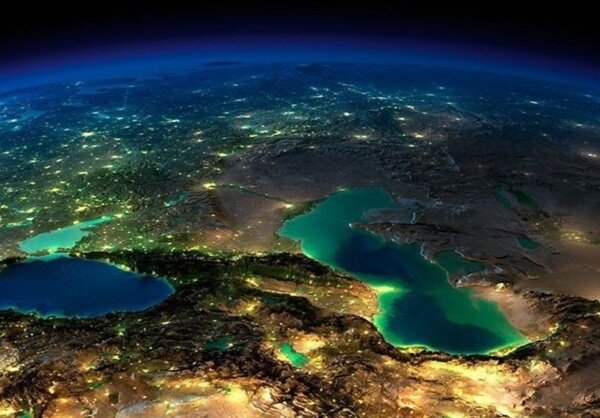Caspian Sea states to hold conference on climate change

TEHRAN – The “Scientific Conference on Climate Change in the Caspian Sea Region” will be held virtually from October 27 to 28, with representatives from the littoral states in attendance.
The event is organized under the auspices of the Coordinating Committee on Hydrometeorology and Pollution Monitoring of the Caspian Sea (CASPCOM) and the Interim Secretariat of the Framework Convention for the Protection of the Marine Environment of the Caspian Sea (Tehran Convention).
The Conference outcomes are anticipated to support the Caspian Governments, global stakeholders as well as other Caspian actors to make informed decisions in addressing climate change in the Caspian Sea region through adapting and building resilience to climate change towards the implementation of the Paris Agreement on climate change and the Sustainable Development Goals (SDGs). The event will also support the UN Decade of Ocean Science for Sustainable Development.
The Conference will focus on 4 areas including, the climate of the Caspian Sea region and its changes in the 21st century, the Caspian Sea level change: analysis, modeling, and long-term projection, the effects of climate change on the ecosystem and biodiversity of the Caspian Sea, and economic consequences of climate change and adaptation measures.
Challenges facing Caspian Sea
The Caspian Sea is the largest enclosed inland body of water on Earth by area. It is bounded by Kazakhstan to the northeast, Russia to the northwest, Azerbaijan to the west, Iran to the south, and Turkmenistan to the southeast. The sea has a surface area of 371,000 square kilometers and a volume of 78,200 cubic kilometers.
The Caspian Sea water level has reached its lowest level since 1995, mainly because of a recent drop in the water level of the Volga River, which supplies most of the sea’s water, by about 22 percent.
In 2019, the average water level stood at -27.18 meters, showing 13 centimeters decrease compared to the year before.
According to the national center for Caspian Sea studies and research affiliated with the Water Research Institute, seawater temperature is one of the main criteria in heat exchange and an indicator in assessing the potential for evaporation from the water level, which is one of the main components of the Caspian water balance.
The increasing trend of the Caspian Sea surface temperature, especially in recent years, has been one of the factors affecting the reduction of water level.
FB/MG
Leave a Comment